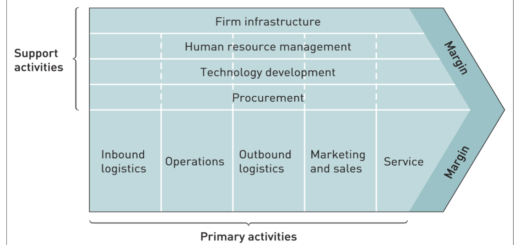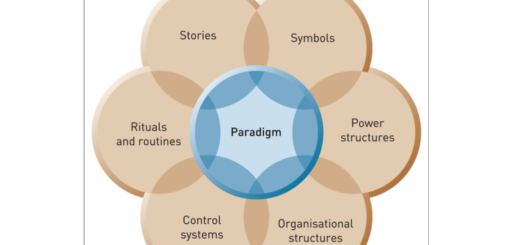Mullins’s Philosophy for Successful Management
Laurie J. Mullins, a British management author and academic, has written extensively on management and organizational behavior. In his book “Management and Organisational Behaviour” (2013), Mullins outlines several principles and concepts that contribute to the successful management of people within an organization. Some of the key ideas from Mullins’ philosophy include:
- Consideration, trust, and respect: Managers should treat employees with respect, trust their capabilities, and show genuine concern for their well-being. Creating an environment where employees feel valued and respected fosters positive relationships and higher levels of employee satisfaction and commitment.
- Recognition and credit: Acknowledging employees’ achievements and giving credit where it’s due are essential for motivating and retaining talent. Managers should recognize and reward employees for their contributions, both publicly and privately, to reinforce positive behavior and performance.
- Involvement and availability: Managers should encourage employee participation in decision-making and maintain open lines of communication. By being available and approachable, managers can better understand employee concerns, receive feedback, and address any issues that arise.
- Fair and equitable treatment: Managers should treat all employees fairly and equitably, ensuring that policies and practices do not discriminate against any individual or group. This includes fair distribution of rewards, opportunities for growth and development, and transparent decision-making processes.
- Positive action on an individual basis: Mullins advocates for a tailored approach to employee management, recognizing that each individual has unique needs and preferences. Managers should avoid one-size-fits-all solutions and instead focus on understanding and addressing the specific needs of each employee.
- Emphasis on end results: Managers should set clear expectations for employee performance, focusing on the achievement of specific, measurable objectives. By emphasizing the importance of end results, managers can help employees prioritize tasks and maintain a results-oriented mindset.
- Staff and customer satisfaction: Ensuring both employee and customer satisfaction is crucial for overall organizational success. Managers should regularly assess staff and customer satisfaction levels, identify areas for improvement, and take appropriate action to address any concerns.
By incorporating these principles into their management practices, managers can create a supportive, inclusive work environment that fosters employee satisfaction, commitment, and high levels of performance, ultimately contributing to the organization’s success.





Very nice info and straight to the point. I am not sure
if this is in fact the best place to ask but do you people have any thoughts on where to get some professional writers?
Thx 🙂